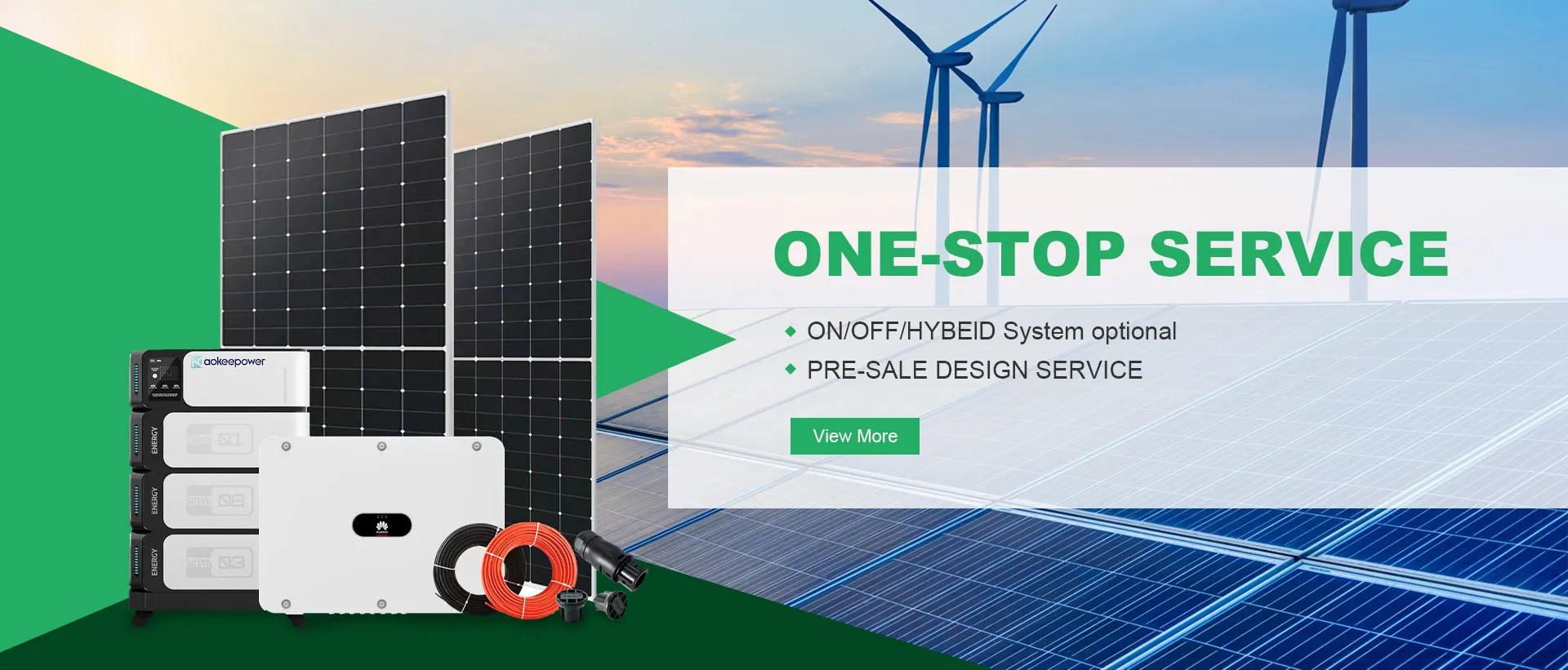types of hybrid inverters
Types of Hybrid Inverters A Comprehensive Overview
Hybrid inverters are becoming increasingly popular as the transition to renewable energy accelerates. These devices play a crucial role in optimizing energy consumption and storage, especially in systems that combine solar power with grid electricity and battery backup. Understanding the different types of hybrid inverters can help homeowners and businesses make informed choices for their energy needs. In this article, we will explore the various types of hybrid inverters, their features, and their applications.
What is a Hybrid Inverter?
A hybrid inverter is a versatile device that merges the functions of a traditional inverter, a charger, and a controller. It facilitates the use of solar energy by converting solar DC output to AC for home or business use and manages energy storage from batteries and the grid. Unlike standard inverters, hybrid inverters can dynamically switch between multiple energy sources, providing greater efficiency and reliability in energy management.
Types of Hybrid Inverters
1. Grid-Tied Hybrid Inverters
Grid-tied hybrid inverters are designed to operate in tandem with the power grid. They enable solar energy generation while maintaining a connection to the grid. When solar production exceeds consumption, excess energy can be fed back into the grid, allowing users to receive credits through net metering. At night or during periods of low solar production, the inverter can draw power from the grid or from an attached battery system. This type of hybrid inverter is ideal for homeowners looking for a reliable and cost-effective solution.
Off-grid hybrid inverters are perfect for remote locations where grid access is unavailable. These inverters rely solely on solar panels and batteries for power generation and storage. They are equipped with advanced features to manage energy consumption efficiently, ensuring that users have a reliable supply of electricity without dependence on the grid. They typically include sophisticated systems to monitor battery health, solar generation, and energy usage, making them ideal for cabins, rural homes, or industries in isolated areas.
3. Grid Support Hybrid Inverters
types of hybrid inverters

Some hybrid inverters offer grid support functionality, which means they can assist in stabilizing the energy grid. These inverters can provide ancillary services, such as frequency regulation and voltage support, by controlling the flow of electricity to and from the grid. This capability is especially beneficial during peak demand periods or outages, making grid support hybrid inverters essential for enhanced grid resilience.
4. Multi-Mode Hybrid Inverters
Multi-mode hybrid inverters are designed for complex energy systems with varying energy sources and storage options. They can operate in multiple modes, allowing for flexible energy management strategies. For example, they can function as grid-tied, off-grid, or backup power systems, depending on the energy demands and availability. This adaptability makes them suitable for commercial installations, where energy needs can fluctuate significantly throughout the day.
5. Smart Hybrid Inverters
The advent of smart technology has led to the development of smart hybrid inverters. These devices utilize advanced software and artificial intelligence to optimize energy usage and storage dynamically. They provide real-time monitoring and analytics, allowing users to track performance, manage loads, and even participate in demand response programs. Smart hybrid inverters enhance system efficiency, offering users greater control over their energy consumption and costs.
Selecting the Right Hybrid Inverter
When choosing a hybrid inverter, several factors should be taken into account. These include
- Energy Needs Understand your daily energy consumption and peak loads to select an inverter with the appropriate capacity. - Type of Battery System Consider compatibility with your existing or planned battery storage solutions. Some inverters work better with specific battery technologies, such as lithium-ion or lead-acid. - Future Expansion If you plan to expand your solar installation or energy needs, select a hybrid inverter that allows for scalability. - Monitoring Options Evaluate whether you’d benefit from smart features that allow for real-time monitoring and control of your energy system.
Conclusion
Hybrid inverters are at the forefront of energy efficiency and sustainability in modern energy systems. Whether you are looking to increase energy independence, reduce electricity bills, or contribute to a cleaner environment, there is a hybrid inverter suited to your requirements. By understanding the different types available and their unique features, you can make an informed decision and take a significant step towards a more sustainable energy future.
-
Unlocking Energy Freedom with the Off Grid Solar InverterNewsJun.06,2025
-
Unlock More Solar Power with a High-Efficiency Bifacial Solar PanelNewsJun.06,2025
-
Power Your Future with High-Efficiency Monocrystalline Solar PanelsNewsJun.06,2025
-
Next-Gen Solar Power Starts with Micro Solar InvertersNewsJun.06,2025
-
Harnessing Peak Efficiency with the On Grid Solar InverterNewsJun.06,2025
-
Discover Unmatched Efficiency with the Latest String Solar InverterNewsJun.06,2025







